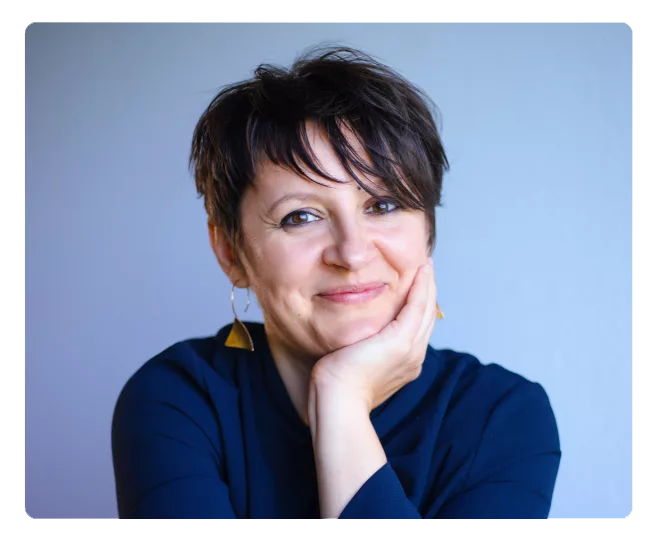Wir können alle Bildungsagenten werden!

As the moderator of the second online discussion round for the 20th TiL anniversary, I had the pleasure of talking with Katja Urbatsch and Lisa Graf about the significance of scholarship programs for students and their impact on educational equity in Germany. The topic “Role model or fig leaf? – Can scholarship programs offset structural challenges to educational equity?” led to a captivating debate.
Lisa Graf, a former high school teacher, is now active as an author, consultant, and speaker advocating for greater educational equity in Germany. Katja Urbatsch is the founder of Arbeiterkind.de, a platform for students from non-academic families. She leads this non-profit initiative with an impressive network of mentors and volunteers.
We discussed the effects of structural disadvantage on people from non-academic families. In Germany, educational paths are still strongly determined by social background. Lisa Graf emphasized the difference between individual and structural problems: while individuals can overcome personal challenges, they cannot solve structural inequalities on their own.
Lisa Graf shared her experiences as a former teacher and how structural injustice shows up in everyday school life. In the German education system, family involvement is considered a decisive factor for educational success. This creates financial barriers and limits cultural participation, especially for students from working-class families.
We cautioned against viewing upward mobility as purely positive and stressed the importance of the term “Aufsteigerin”. It is crucial not to undervalue vocational training compared to academic degrees. We should also not overlook those who, despite potential, fail within the education system.
Can scholarship programs like TiL and initiatives such as Arbeiterkind.de reduce the pressure for systemic change? As long as educational inequality persists, we must continue to support as many students as possible. Former scholarship recipients often become mentors and multipliers, driving change or launching their own initiatives.
A fairer education for all students in Germany requires collective commitment. And everyone can contribute: by helping others and becoming an “education agent.”







how to find high quality backlinks
how to find high quality backlinks
gwigqveuu dhybk usyizgh msoa gkwijiuyrxjkcun